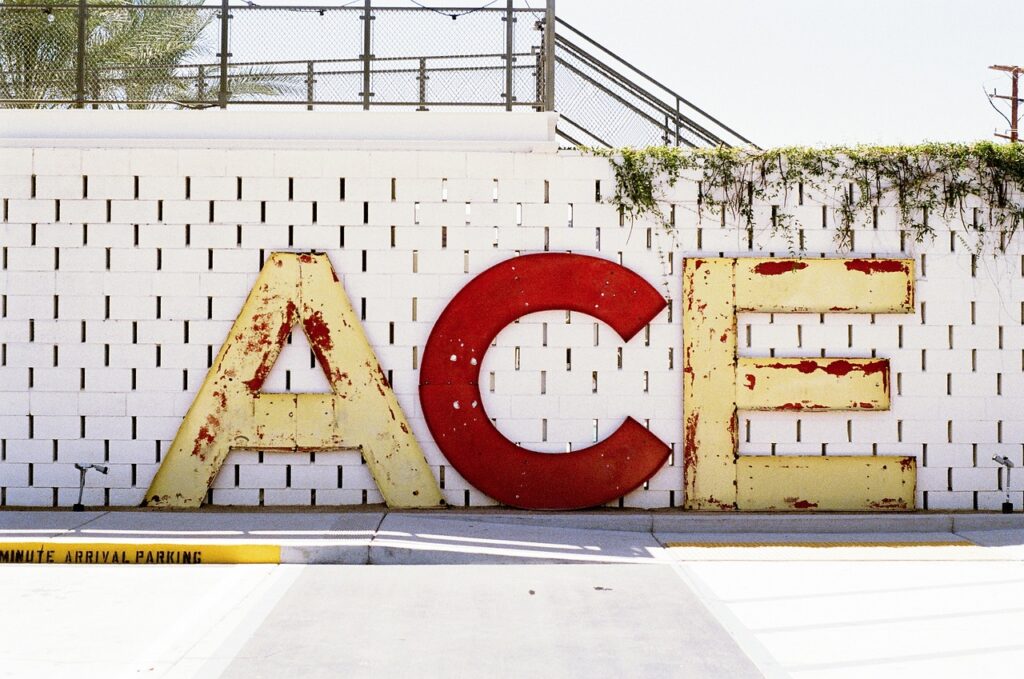ACE TEST
What is ACE and Why is it IMPORTANT?
Adverse Childhood Experiences (ACE)
Learn about the Adverse Childhood Experiences (ACE) measure and its use, and calculate your ACE and resilience scores.
An ACE score is a tally of different types of abuse, neglect, and other hallmarks of a rough childhood. According to the Adverse Childhood Experiences study, the rougher your childhood, the higher your score is likely to be and the higher your risk for later health problems.



10 Types of Childhood Trauma measured in the CDC-Kaiser Permanent Adverse Childhood Experiences Study.
- Personal — Physical Abuse
- Verbal Abuse
- Sexual Abuse
- Physical Neglect
- Emotional Neglect
- A parent who is an alcoholic
- A mother who is a victim of domestic violence
- A family member in jail
- A family member diagnosed with a mental illness
- Experiencing divorce of parents
There are many other types of childhood trauma:
- Racism
- Bullying
- Watching a sibling being abused
- Losing a caregiver (grandmother, mother, grandfather, etc)
- Homelessness
- Surviving and recovering from a severe accident
- Witnessing a father being abused by a mother
- Witnessing a grandmother abusing a father
- Involvement with the foster care system
- Involvement with the juvenile justice system
The ACE Study only includes the top 10 most common childhood traumas mentioned in the study.
An important thing to remember is that the ACE score is meant as a guideline. If you experienced other types of toxic stress over months or years, then those would likely increase your risk of health consequences, depending on the positive childhood experiences you had.
Source: ACES too High Website
Why it is IMPORTANT...
The higher your ACE score, the higher your chance of suffering from psychological and medical problems like chronic depression, cancer, or coronary heart disease. The consequences of an ACE score of 4 or higher: the likelihood of chronic pulmonary lung disease increases by 390%; hepatitis, 240%; depression, 460%; and attempted suicide, 1,220%.
